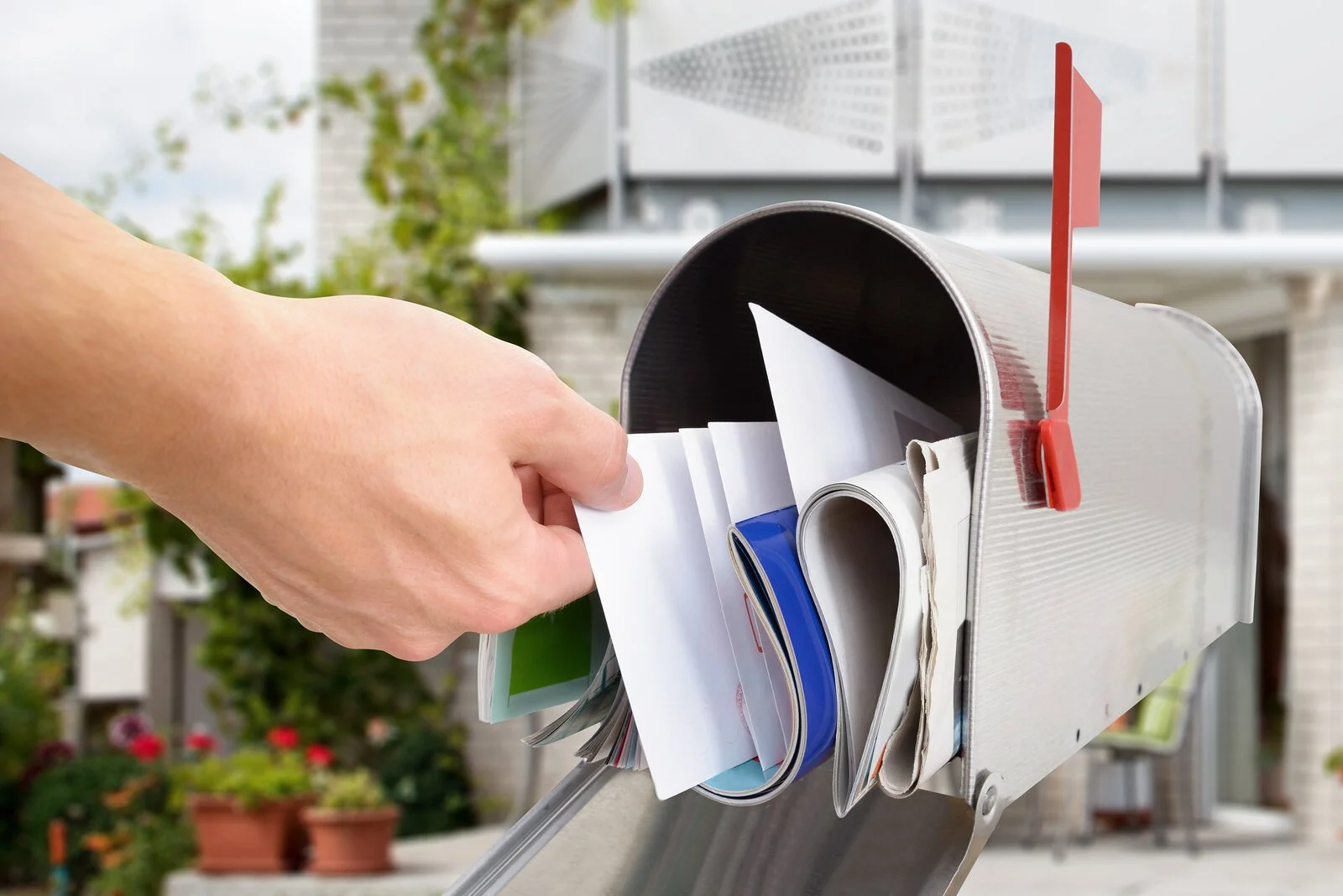DOs and DON'Ts If You Get a Letter From the IRS
Though many of us rarely use snail mail anymore, it’s still the IRS’ preferred method for contacting taxpayers when there’s a question about their federal income tax return or other issue. More often than not, taxpayers don't have anything to worry about. However, there are a handful of circumstances, nearly all involving money owed, that can send shivers down any taxpayer’s spine.
Each year, the IRS sends millions of notices and letters to taxpayers for a variety of reasons. In fact, there are at least 76 different form letters you can receive from the IRS on a number of topics. Few are cause for alarm, but you should definitely open these letters immediately to see if you need to take any action. Some of the more common letters you might receive include:
You have a balance due
You are due a larger or smaller refund
The agency has a question about the tax return
You need to verify identity
The agency needs additional information
The agency changed the tax return
That being said, if you are the lucky recipient of a letter from the IRS, here are some handy DOs and DON’Ts to help temper your nerves:
DO read the notice. There are many reasons why the IRS may send a letter or notice. It’s typically about a specific issue on your federal tax return or tax account. A notice may tell you about changes to your account or ask you for more information. It could also tell you that you must make a payment.
DON’T panic. The IRS and its authorized private collection agencies generally contact taxpayers by mail. Most of the time, all the taxpayer needs to do is read the letter carefully and take the appropriate action.
DON’T ignore it. If the IRS changed your tax return for some reason, you should always compare the information provided in the notice or letter with the information in your original return. In general, there is no need to contact the IRS if you agree with the notice.
DO respond timely. Each notice has specific instructions about what you need to do. If the notice or letter requires a response by a specific date, taxpayers should reply in a timely manner to minimize additional interest/penalty charges and preserve their appeal rights if they don’t agree.
DO pay any amount due. You should pay as much as you can, even if you can’t pay the full amount. You can pay online or apply for an Online Payment Agreement or Offer in Compromise. You can find several payment options at IRS.gov.
DO keep a copy of the notice or letter. It’s important to keep a copy of all notices or letters with other tax records. You may need these documents later.
DO remember there is usually no need to call the IRS. If you must contact the IRS by phone, you should use the number in the upper right-hand corner of the notice. You should have a copy of your tax return and letter when calling. Typically, taxpayers only need to contact the agency if they don’t agree with the information, if the IRS request additional information, or if there's a balance due. You can also write to the agency at the address on the notice or letter. If you write, allow at least 30-60 days for a response.
DO avoid scams. The IRS will never contact a taxpayer using social media or text message. The first contact from the IRS usually comes in the mail. Taxpayers who are unsure if they owe money to the IRS can view their tax account information on IRS.gov.
If you have questions about a letter you received from the IRS, one of our friendly tax professionals is here to help! Contact us today for a free consultation or visit ‘Responding to a Notice’ on the IRS.gov website for more information.

